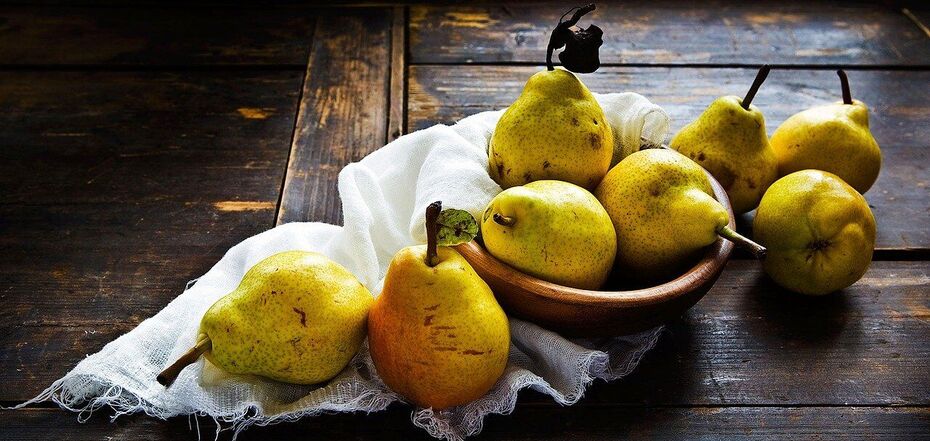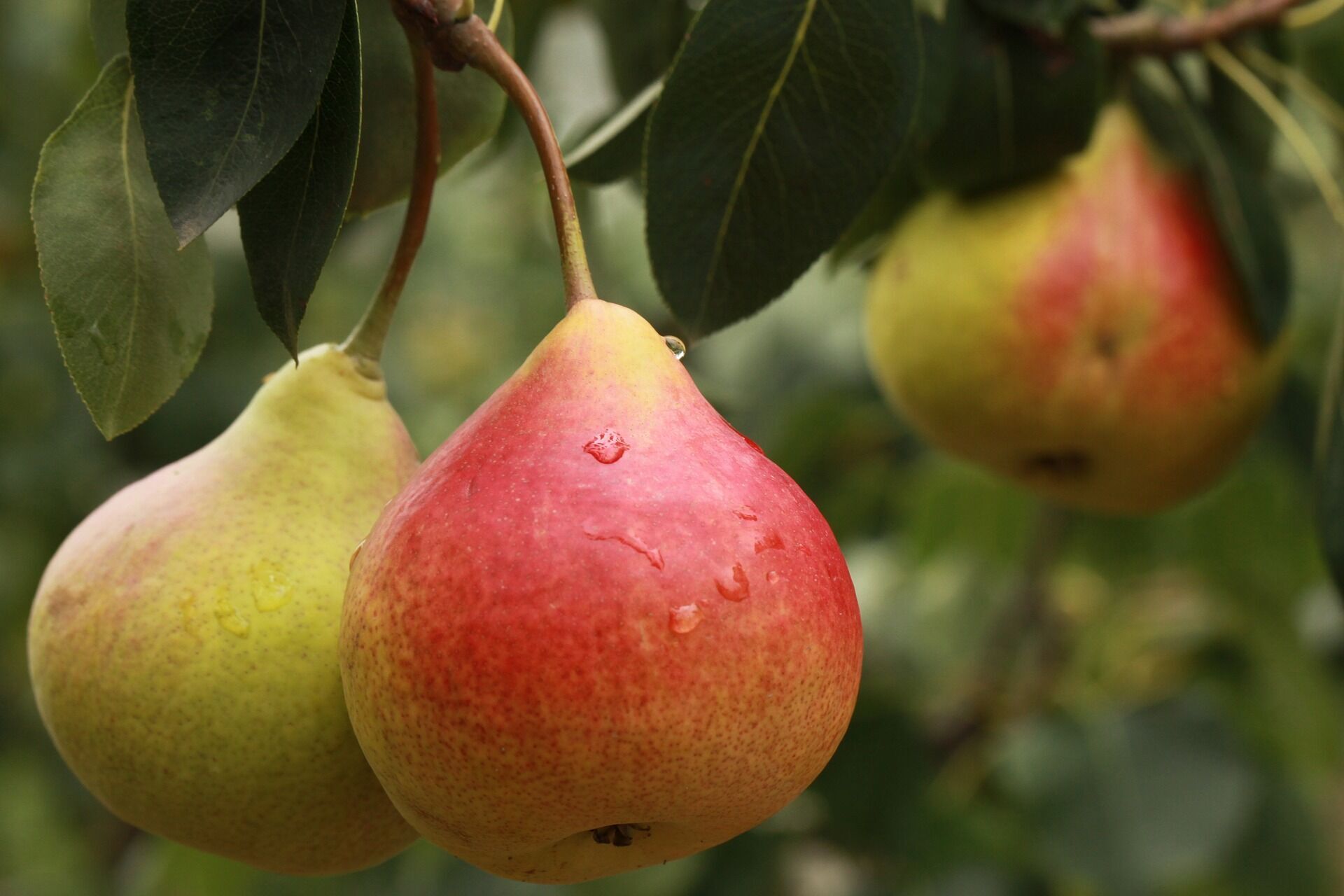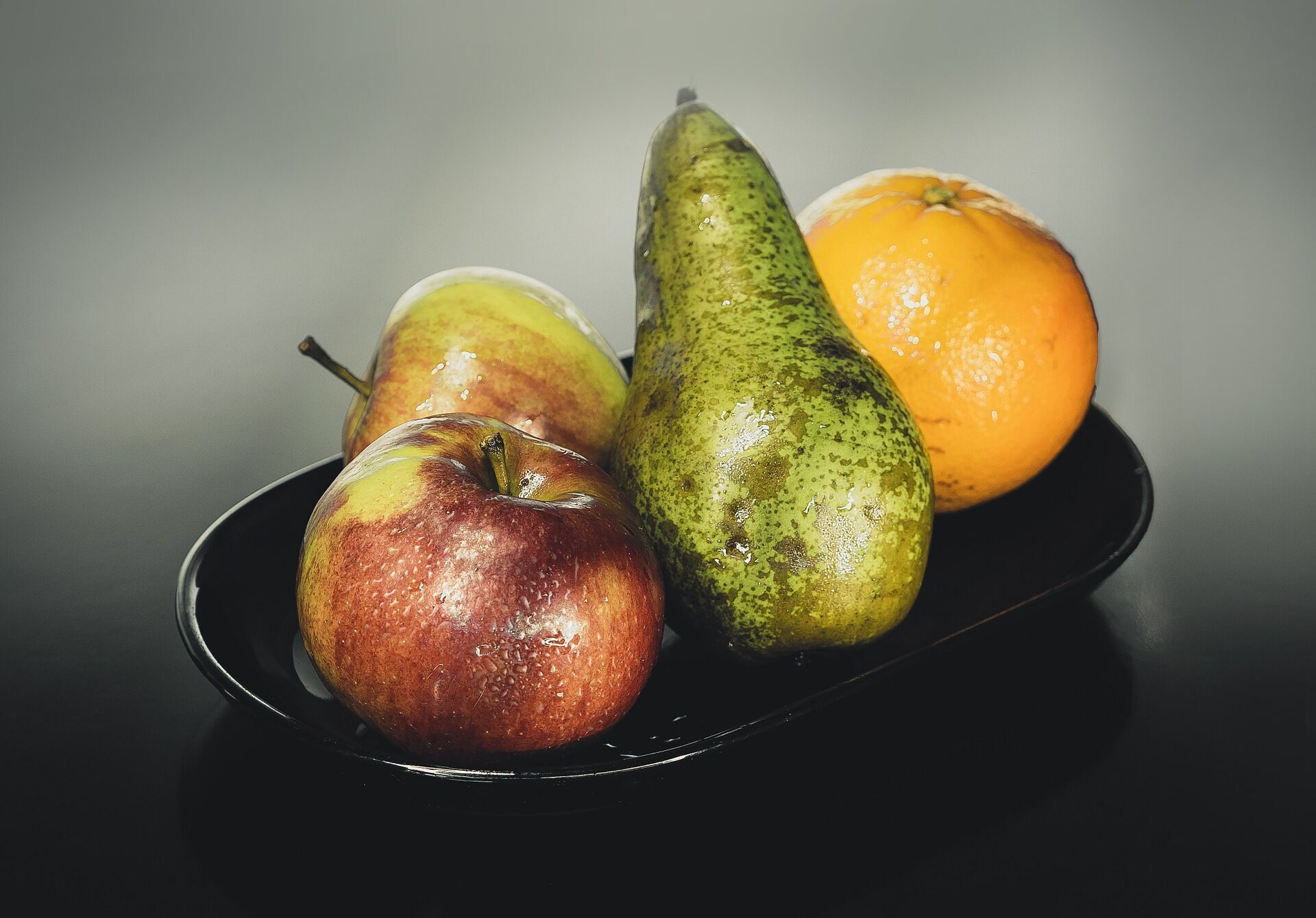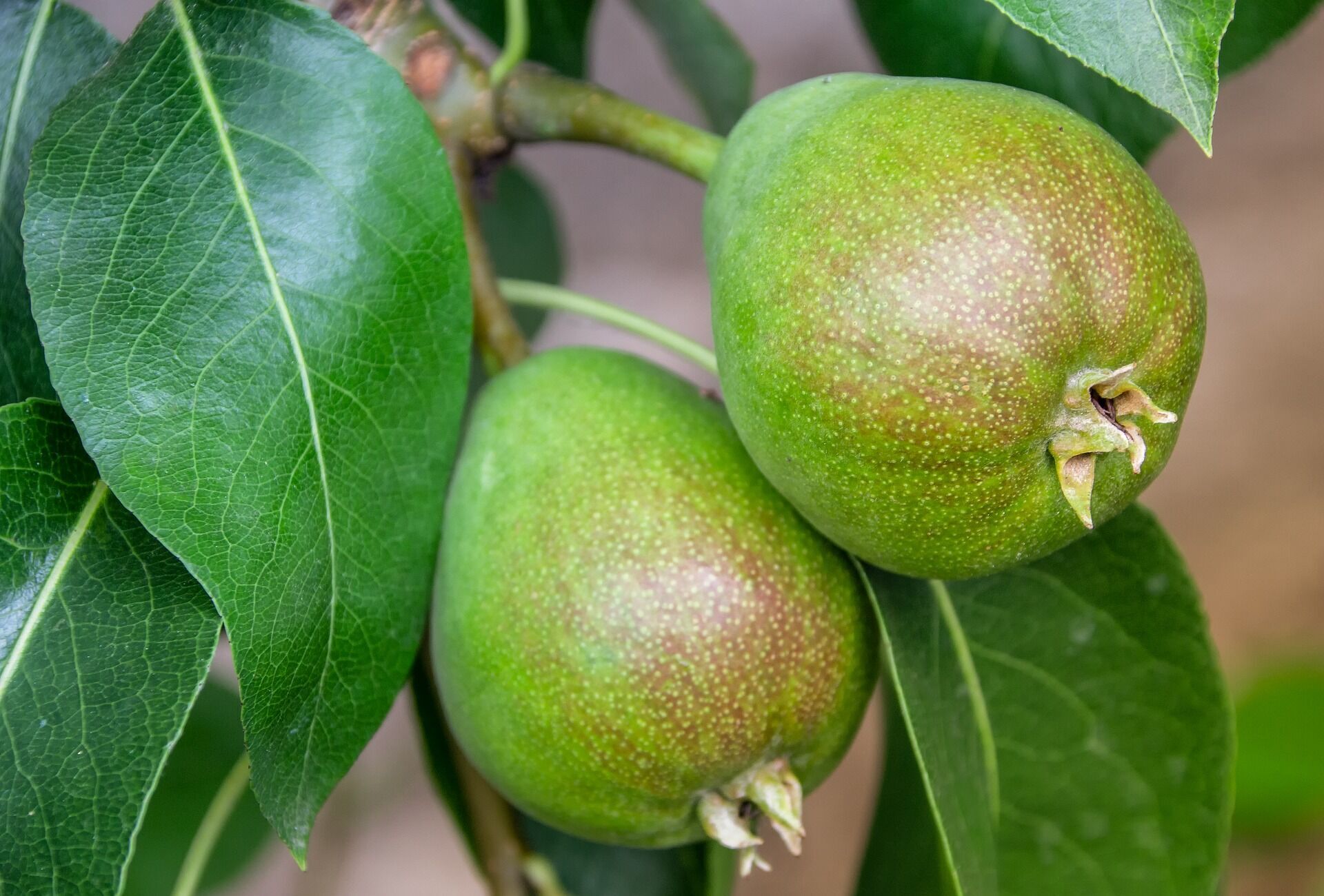LS Food
The nutritionist named the most useful properties of pears
Pear is a very healthy and tasty fruit, containing many vitamins and minerals. Its regular consumption has a beneficial effect on the functioning of the heart and lungs. It can also be used to make many different dishes, from delicious pies to jams and compotes.
Nutritionist Svitlana Fus shared on Facebook the most beneficial properties of pears, as well as how often and who should eat them and what to cook.
1. The benefits of pears
It is a natural source of dietary fiber, with 100 g containing 14% of the daily requirement. It contains many essential trace elements:
- silicon – 17%
- copper – 10%
- iron – 12%
- potassium – 6%.
2. Vitamins
Pears contain 5-6% of vitamin C, as well as a lot of folic acid (B9), phenolic compounds, and tannins. These nutrients are found mainly in the skin of the fruit.
The pulp also contains 10-12% of simple carbohydrates per 100 g of fruit. Fructose also predominates, just like in the apple, but the pear also contains sweet sorbitol, so it is sweeter than apples.
Watch your consumption of sweet fruits. Excessive consumption of not only sweets but also fruits can lead to overweight.
3. Who is better off not eating pears
In case of exacerbation of digestive diseases, it is better to refrain from pears: they contain a lot of fiber, which irritates the intestinal mucosa and increases peristalsis, and a lot of fructose, which, if consumed in excess, can cause increased gas formation.
4. How to store fruit properly
Pears ripen at room temperature. To speed up this process, you can put the fruit in a paper bag with bananas. A ripe pear can be stored in the refrigerator for 3-4 days. If you overexpose it, the overripe fruit will change its consistency and will be tasteless due to acetic and lactic acids, which are not present in a ripe pear.
5. What to cook with pears
Juicy pears can be used to make various desserts, as well as a filling for pies, fruit salads, and other dishes.































